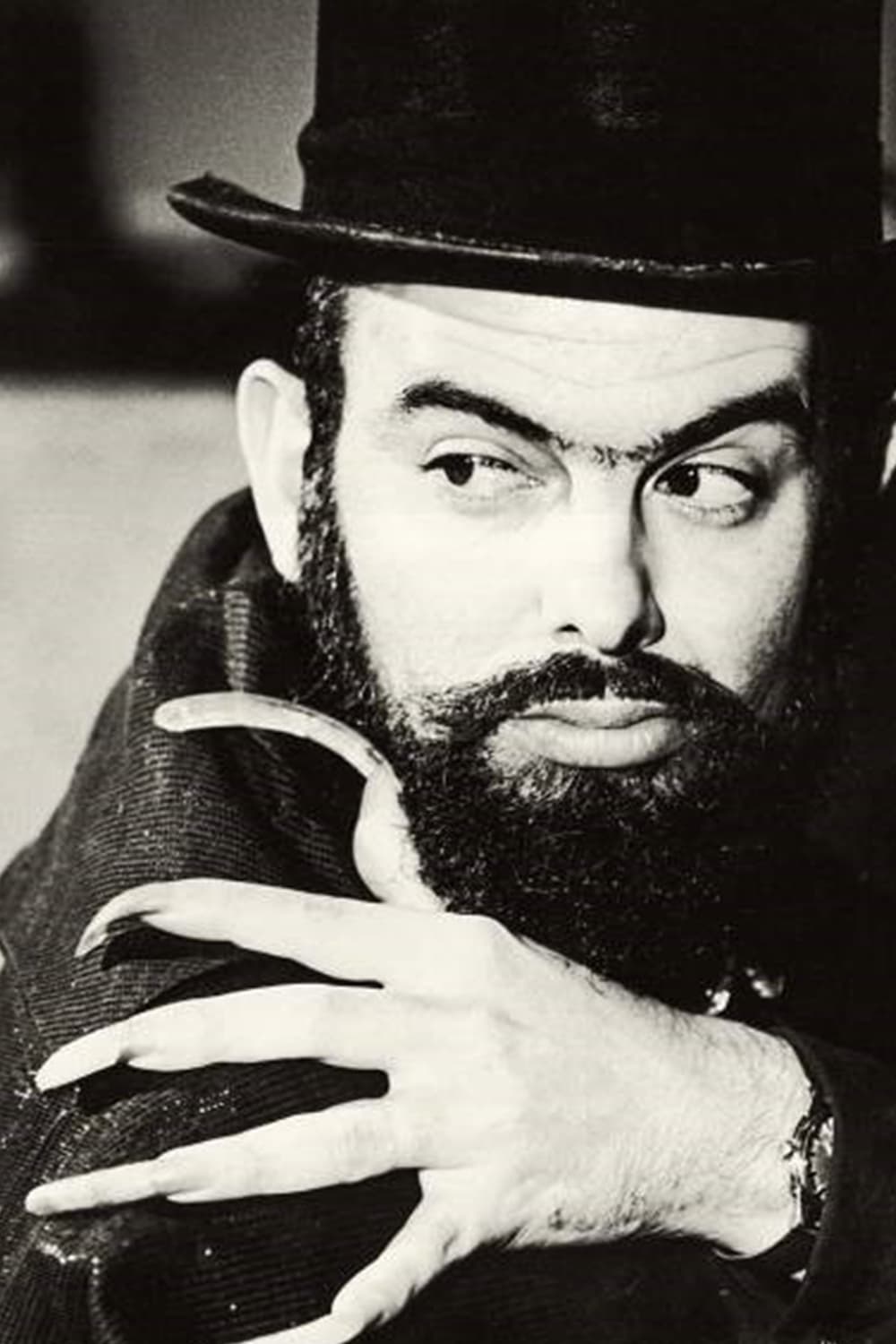
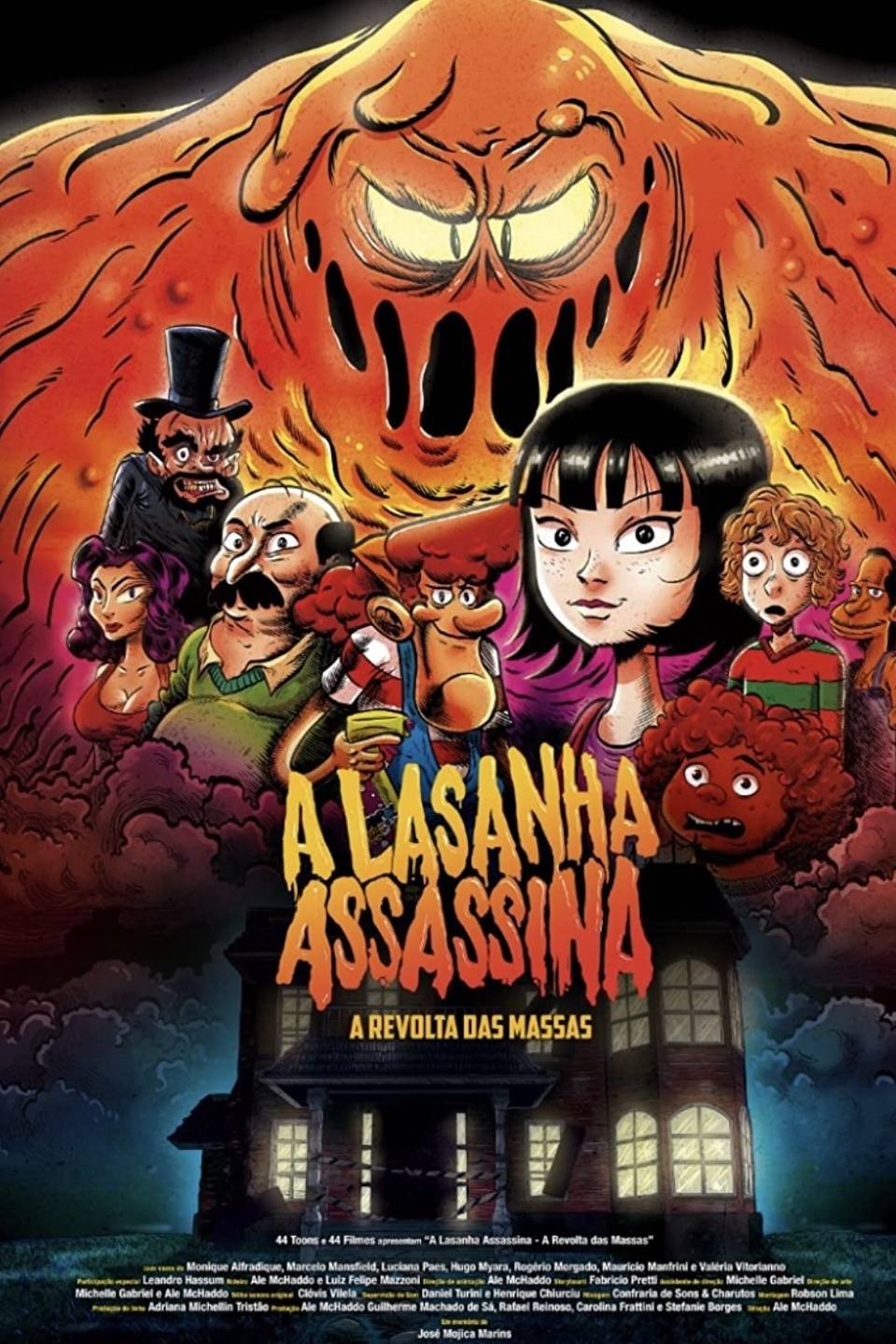
Rebeca and her family move into an abandoned house with a sinister past. Her father wants to renovate the house and turn it into a rotisserie. With the help of her neighbor Lucas, Rebeca discovers that the former residents were attacked by a strange creature: The Killer Lasagna. The monster gains strength and grows as it feeds on the remains of food thrown down the pipes and, at the opening of the cantina, the Lasagna will attack again.
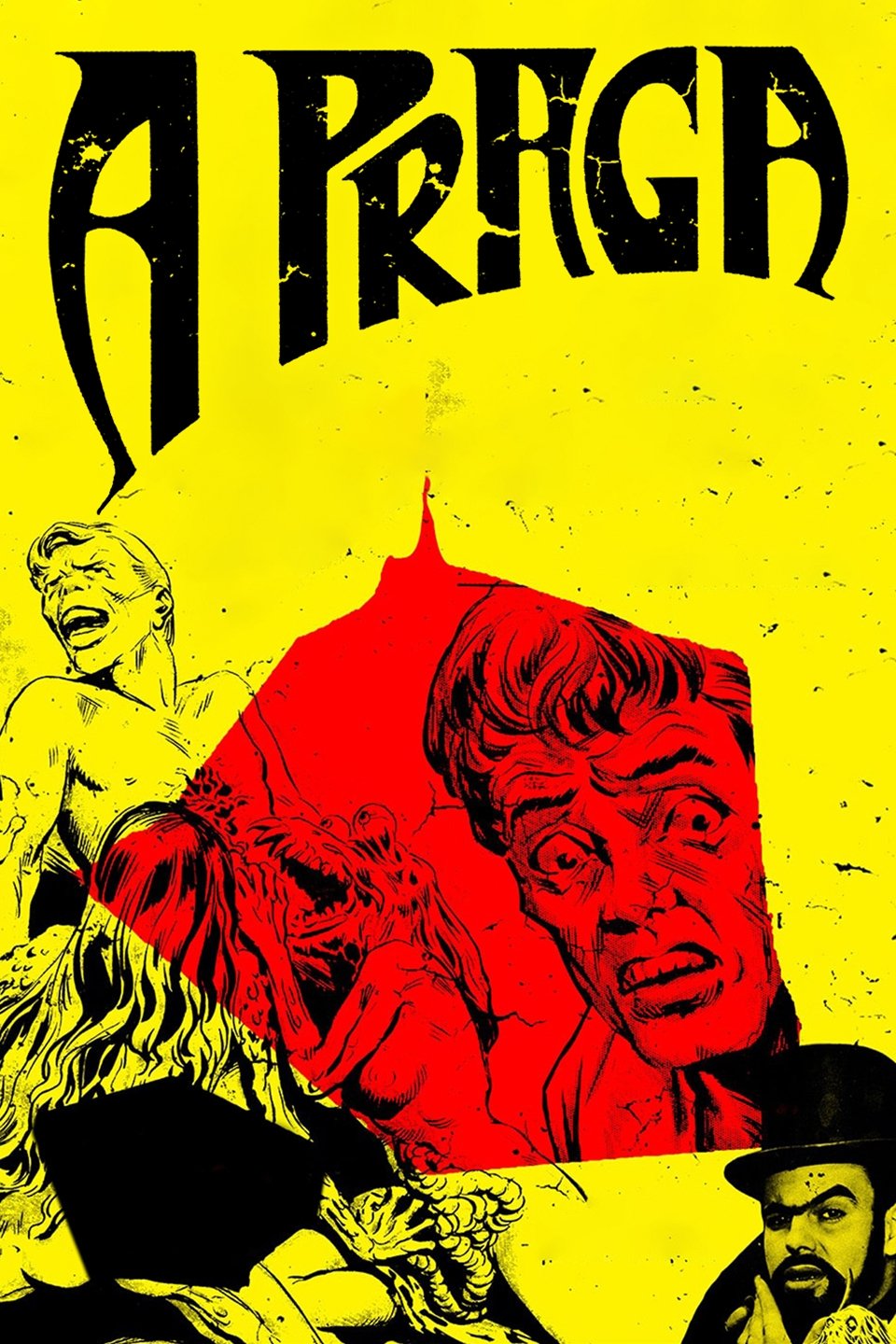
While out for a walk in the countryside, Marina and Juvenal stop to take some pictures in front of an old woman’s house. Annoyed, the old woman turns out to be a witch and casts a curse on the young couple in the form of a wound that feeds on raw flesh.

An authentically marginal cinema created in Catholic university in Brazil. One of the most intriguing and imaginative moments in modern cinema in the voice of some of its select conspirators—with Carlos Reichenbach at the lead—, and through the most razing flow of images that can possibly be conceived.
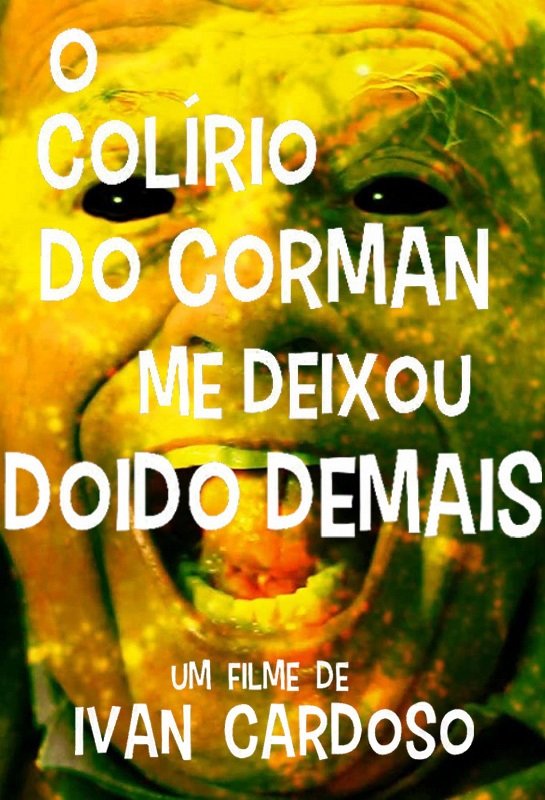
A totally Cardoso-appropriated footage delirium, done as a tribute to US independent cinema's original rebel. In the end, Corman himself blesses Cardoso by saying: "You blended horror, sex and humour very well. And particularly the editing is very good because the film never lagged or slowed down". Which film? This one!
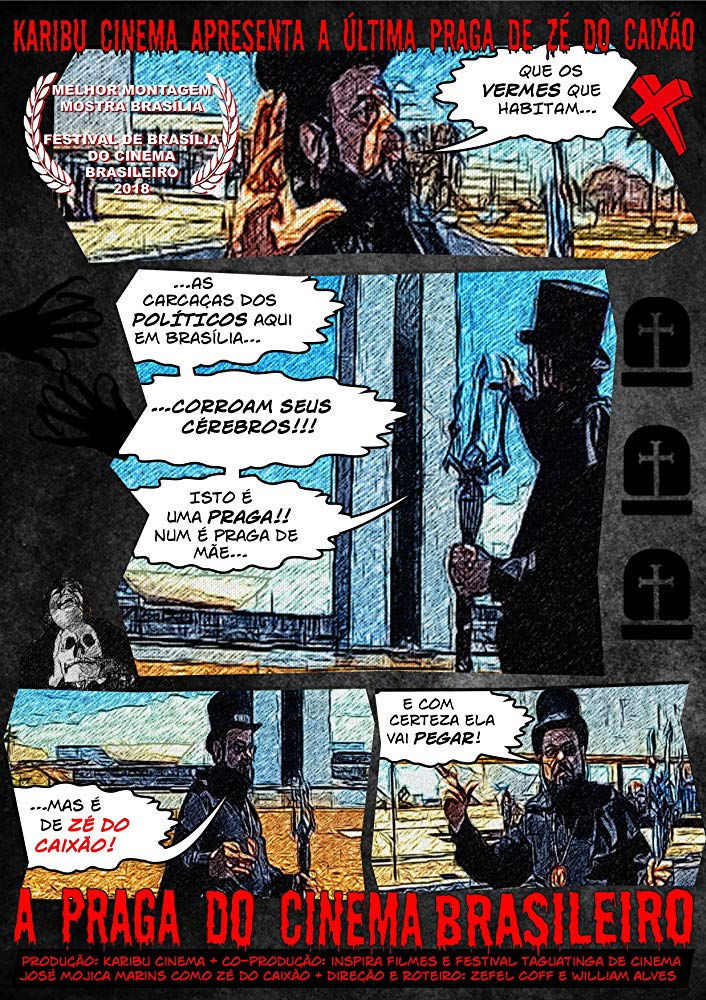
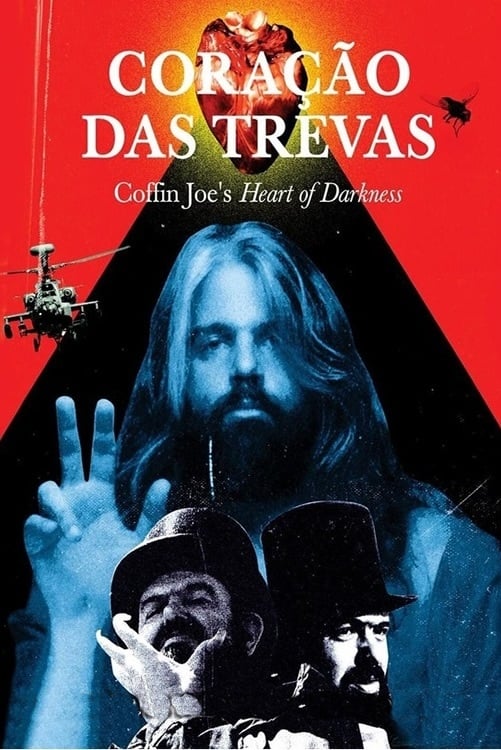
One of the great iconic filmmakers of the horror genre returns with one of the final projects he will manage in his lifetime.
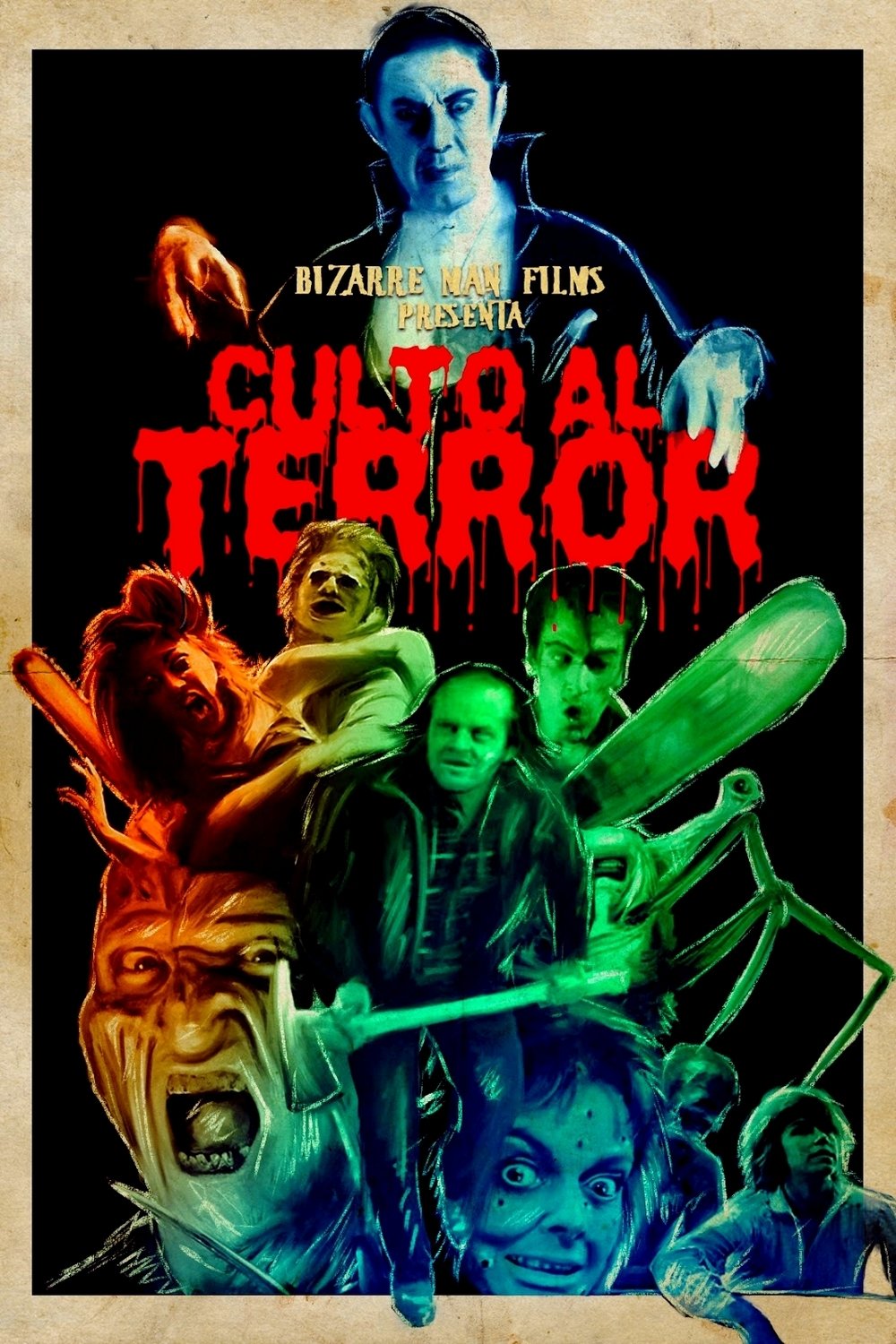
A journey of years through many countries and film festivals; a nostalgic, adrenaline-fueled and rock-spirited immersion into the universe of cinephilia, in search of genre specialists, fans and filmmakers who speak of their shared passion for fantastic cinema; a whole international spiritual community united under the cathartic shadow of horror.
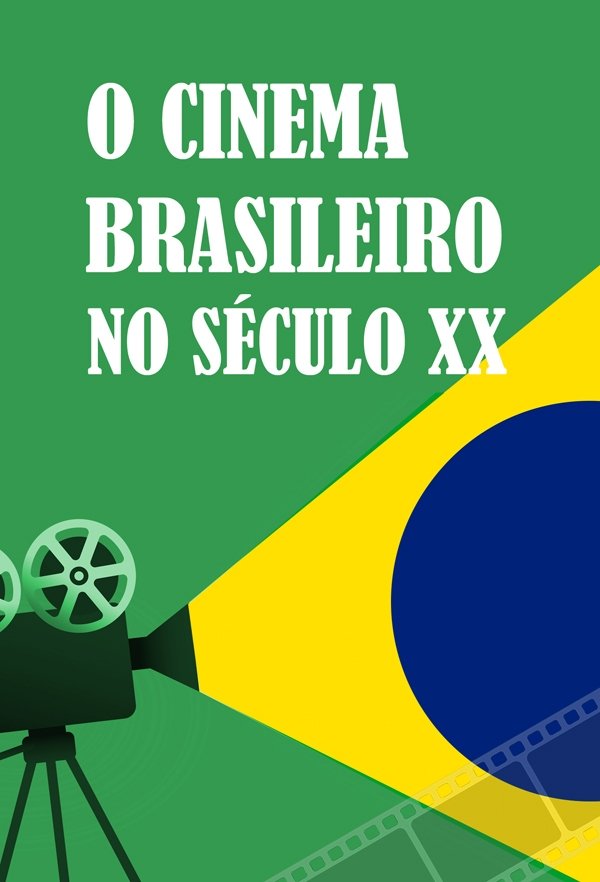
Two years of research and visits to collections, cinematheques and museums; almost seventy interviews that generated 30 hours of recorded material; more than two hundred scanned photos and more than one hundred films watched. In total, more than a thousand hours of work were needed to prepare Brazilian Cinema in the 20th Century. The work is a fascinating journey through all the cinematic cycles that Brazil lived, from the pioneering Belle Époque, through the great studios like Atlântica and Cinédia, Cinema Novo, the urban comedies of the 70's, until the resumption in the late 90's. The documentary is unique, it gives the floor to who really wrote and lived this story intensely.
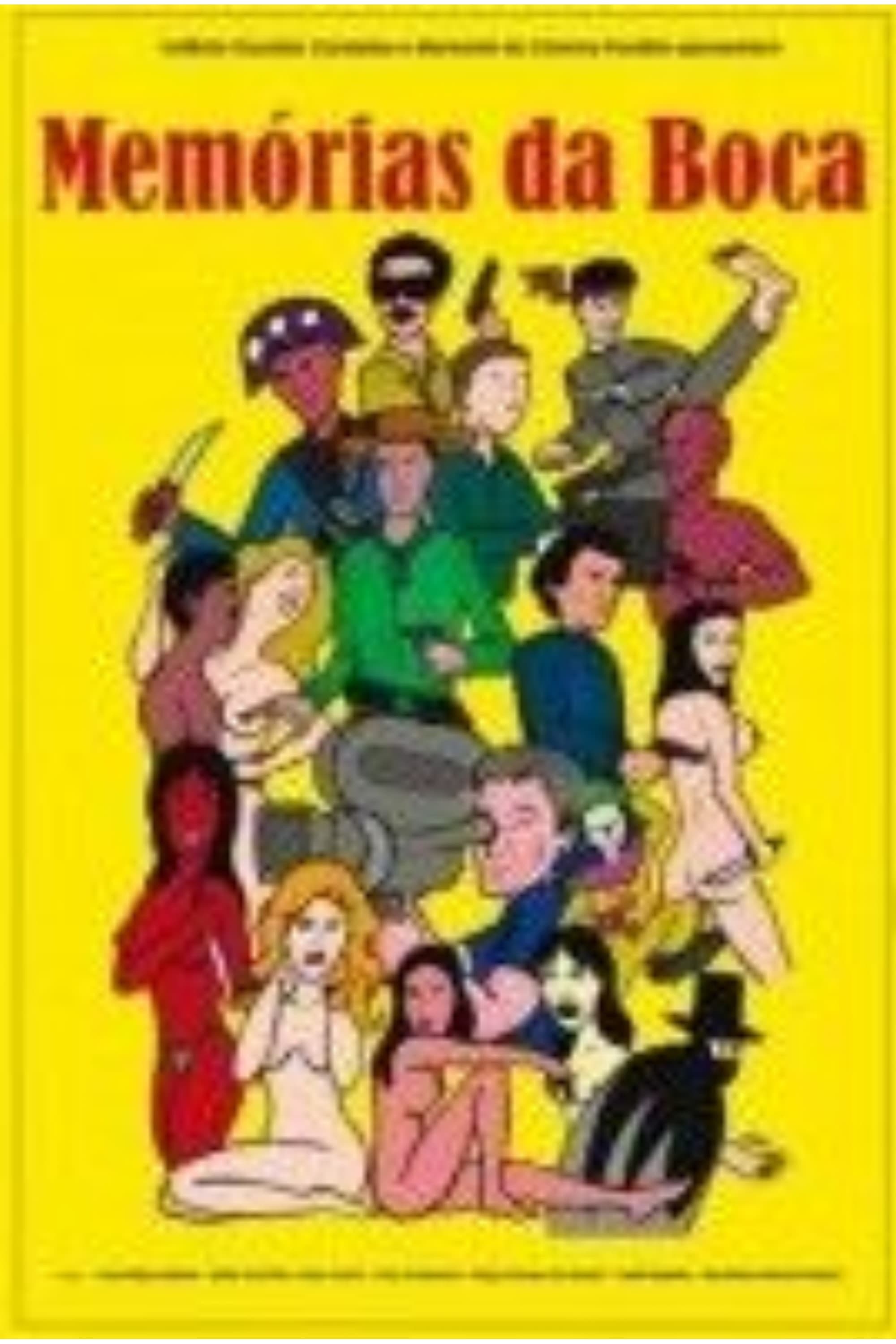
An anthology film (eight shorts) honoring the Boca do Lixo ("Mouth of Garbage") film production in the downtown area of São Paulo, Brazil.
José Mojica Marins (March 13, 1936 - February 19, 2020) was a Brazilian filmmaker, actor, composer, screenwriter, television and media personality. His interest in filmmaking began at an early age. When Marins was three, his father ran a local cinema, and the family lived in a flat above the theater. Marins is also known by his alter ego Coffin Joe (loosely translated from Zé do Caixão). Although Marins is known primarily as a horror film director, his earlier works were Westerns, dramas and adventure films.
By browsing this website, you accept our cookies policy.